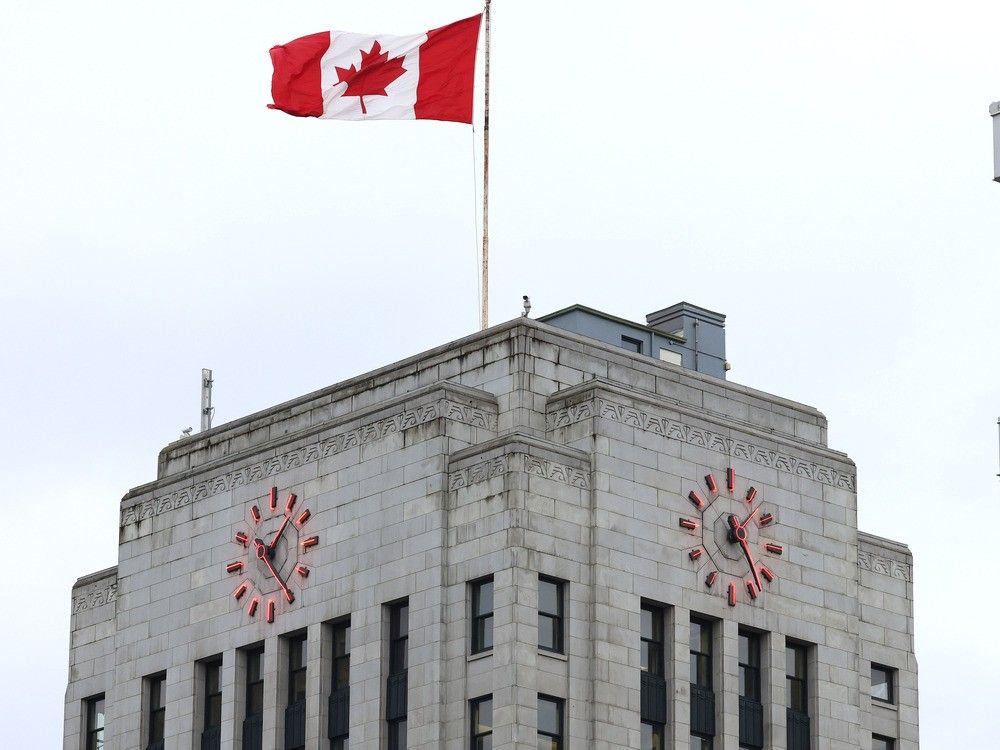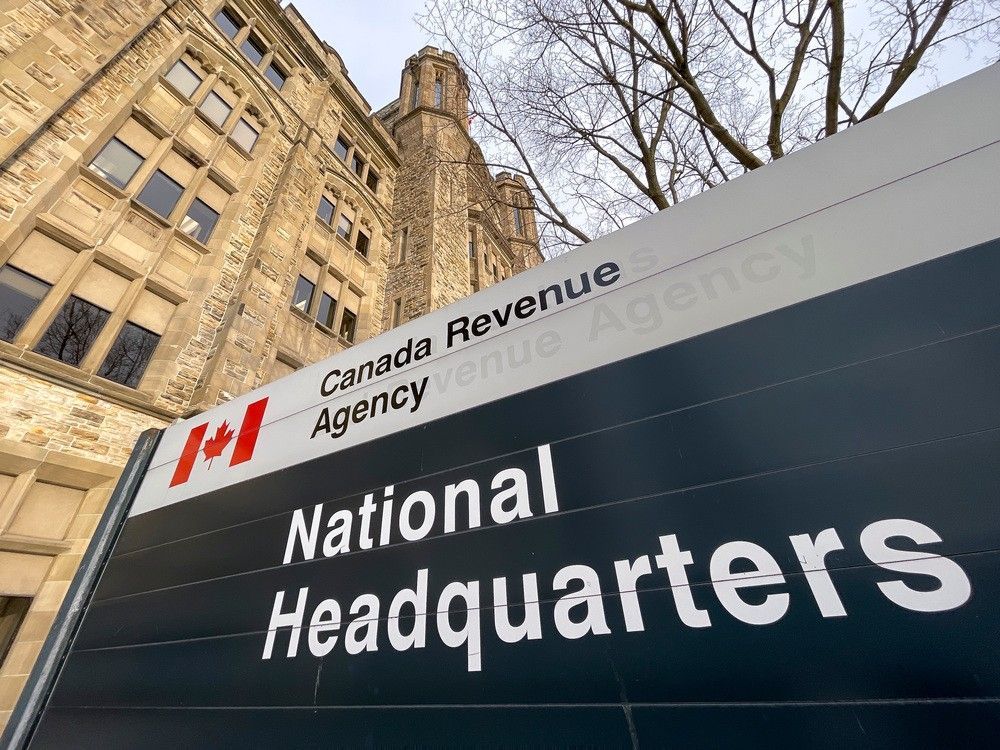The rise of homelessness wasn't caused by municipal policies, yet the crisis is landing at the feet of city governments without the resources to address it.
Published Jan 03, 2025 • Last updated 0 minutes ago • 3 minute read

Homelessness is everywhere. Encampments line many streets and parks in Ottawa and other cities, towns and suburb across Canada.
In the national capital, the homeless population is almost 3,000 people, doubling since 2021.
In response, the Ontario government is giving municipalities and police new legal tools to dismantle homeless encampments and clamp down on public drug use. It is a good first step, as lawmakers and law enforcement need more measures, but much remains to be seen about how this will work.
Advertisement 2
THIS CONTENT IS RESERVED FOR SUBSCRIBERS ONLY
Subscribe now to read the latest news in your city and across Canada.
- Exclusive articles from Elizabeth Payne, David Pugliese, Andrew Duffy, Bruce Deachman and others. Plus, food reviews and event listings in the weekly newsletter, Ottawa, Out of Office.
- Unlimited online access to Ottawa Citizen and 15 news sites with one account.
- Ottawa Citizen ePaper, an electronic replica of the print edition to view on any device, share and comment on.
- Daily puzzles, including the New York Times Crossword.
- Support local journalism.
SUBSCRIBE TO UNLOCK MORE ARTICLES
Subscribe now to read the latest news in your city and across Canada.
- Exclusive articles from Elizabeth Payne, David Pugliese, Andrew Duffy, Bruce Deachman and others. Plus, food reviews and event listings in the weekly newsletter, Ottawa, Out of Office.
- Unlimited online access to Ottawa Citizen and 15 news sites with one account.
- Ottawa Citizen ePaper, an electronic replica of the print edition to view on any device, share and comment on.
- Daily puzzles, including the New York Times Crossword.
- Support local journalism.
REGISTER / SIGN IN TO UNLOCK MORE ARTICLES
Create an account or sign in to continue with your reading experience.
- Access articles from across Canada with one account.
- Share your thoughts and join the conversation in the comments.
- Enjoy additional articles per month.
- Get email updates from your favourite authors.
THIS ARTICLE IS FREE TO READ REGISTER TO UNLOCK.
Create an account or sign in to continue with your reading experience.
- Access articles from across Canada with one account
- Share your thoughts and join the conversation in the comments
- Enjoy additional articles per month
- Get email updates from your favourite authors
Sign In or Create an Account
or
Article content
Canadians have a complex crisis of human suffering on their hands, exacerbated by inconsistent, unco-ordinated and isolated governmental policies. It has become the ultimate blame game.
In 2017, the federal government announced the National Housing Strategy, pledging to cut homelessness in half by 2028. Seven years and tens of billions of dollars later, homelessness has increased by 20 per cent.
In 2023, when homelessness and encampments began to rise across the country, Prime Minister Justin Trudeau claimed housing policy primarily lies with provinces and territories. He was right; housing is a provincial responsibility, but that has not stopped the feds from bypassing the provinces to allocate funds directly to municipalities, sowing confusion and conflicts with provincial housing strategies.
Instead, distracted by the lofty (and politically popular) goal to end homelessness, the federal government is neglecting core responsibilities by failing to manage soaring immigration and asylum claims, which jumped 128 per cent year-over-year.
As a result, municipalities have seen a staggering increase in asylum seekers and refugees housed in local shelters. This year, the City of Ottawa reported that 60 per cent of emergency shelter beds and overflow hotels were taken up by asylum seekers.
Advertisement 3
Article content
The sudden influx has put immense pressure on the city’s already strained support system, pushing more individuals to sleep on the street.
Provinces, which have traditionally received transfers from the federal government to address homelessness, are still directly funding local emergency shelters and homelessness prevention services, while the federal government is setting up parallel strategies directly with municipalities. The duplicate policies are at odds with each other.
Without co-ordinated policy and funding from the provincial and federal governments, municipalities are spending increasingly large portions of their budgets directly on homelessness. In 2020, Ottawa launched a 10-year plan to spend $200 million on housing and homeless programs and services, with a request for matching federal and provincial money.
For 2025, the city has budgeted nearly $50 million on affordable housing and on services and programs that address the root causes of poverty. And Ottawa’s property taxes are going up 3.9 per cent.
As the infighting continues, many municipalities are left attempting to dismantle encampments by relying on “no-camping” bylaws that are not fit for purpose.
Advertisement 4
Article content
Confusing the matter even further, the courts are now limiting municipal jurisdiction and dictating homelessness policy. In 2023, in the Ontario Superior Court of Justice, M.J. Valente ruled that a municipal bylaw cannot be used to evict people living in an encampment because it’s in violation of Section 7 of the Charter of Rights and Freedoms.
The judge held that providing shelter for oneself is a necessity of life and a lack of accessible local shelter space meant the bylaw infringed on the Charter rights of homeless individuals.
The issue isn’t likely to improve soon. U.S. President-elect Donald Trump will assume office this month after promising the largest deportation in American history. Even if just one per cent of the estimated 11 million undocumented immigrants in the U.S. head north, Canada could see 110,000 new arrivals, a surge of asylum seekers greater than the population of Brantford, Ont.
The rise of homelessness and encampments was not caused by municipal policies, yet the crisis is landing at the feet of local governments without the resources to address them.
Advertisement 5
Article content
When the federal government both meddles in provincial jurisdiction and mismanages immigration levels, provinces and municipalities are left in a tough spot. With no ownership of the crisis, and an increasingly unclear delineation of responsibilities between different levels of government, homelessness will only get worse.
Monica Ciriello is a municipal lawyer and a contributing author to the Ottawa-based Macdonald-Laurier Institute.
Recommended from Editorial
-

Deachman: Is there Christmas if you're homeless in Ottawa?
-

Deachman: 'You can't be here. You need to leave' too often what homeless man hears
Article content
.png)
 4 days ago
19
4 days ago
19




































 Bengali (BD) ·
Bengali (BD) ·  English (US) ·
English (US) ·